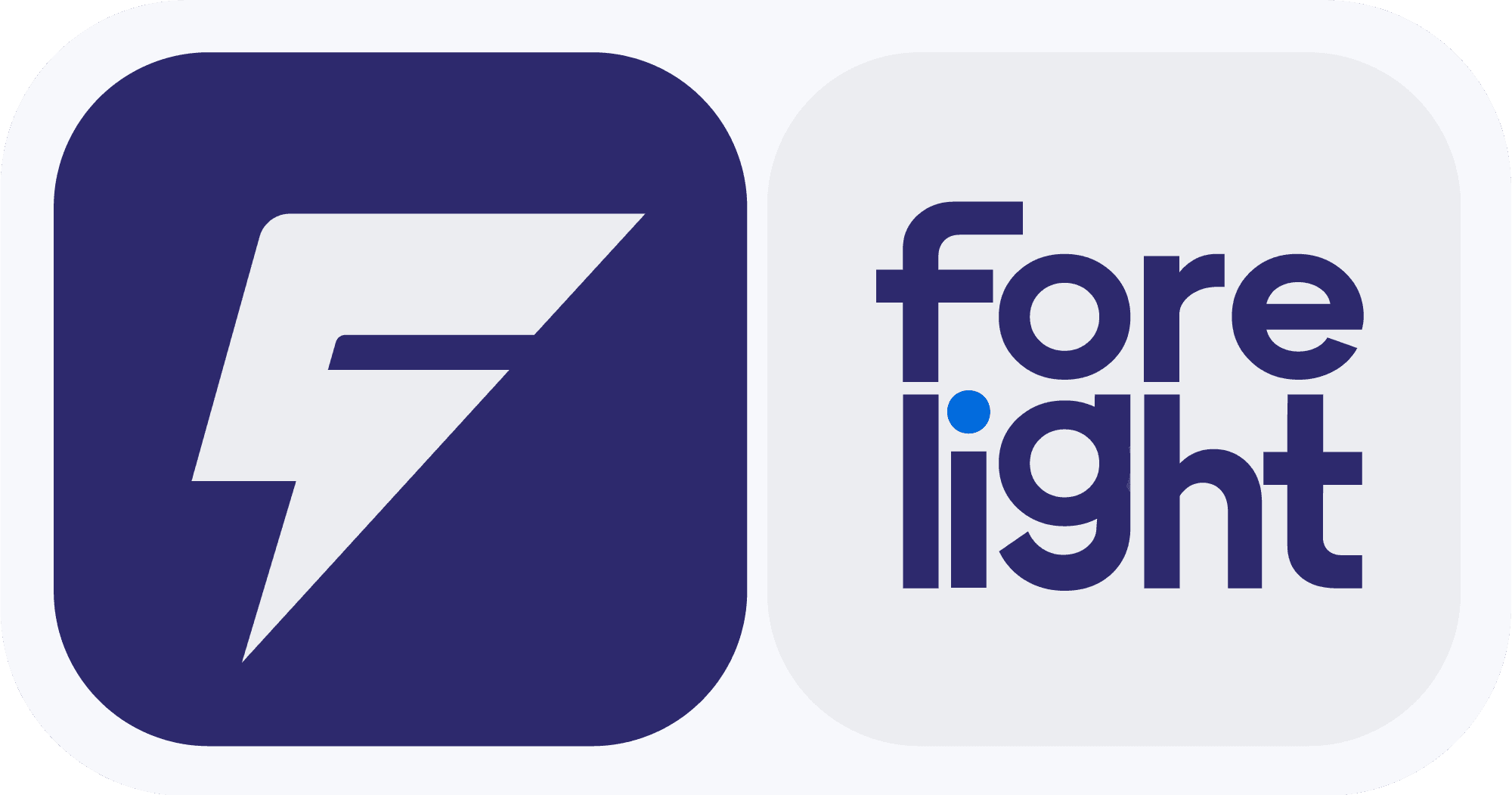The Power of Ethnographic Research in Understanding Consumer Behavior
Jul 24, 2024
Ethnographic research, rooted in anthropology, offers a deep and immersive approach to understanding consumer behavior. Unlike traditional research methods that often rely on surveys or focus groups, ethnography involves observing and interacting with consumers in their natural environments. This method provides rich, contextual insights into how people live, think, and make purchasing decisions. In this detailed exploration, we will delve into the power of ethnographic research, its methodologies, benefits, and practical applications in the realm of consumer behavior.
What is Ethnographic Research?
Ethnographic research is a qualitative method that involves the systematic study of people and cultures. Researchers immerse themselves in the daily lives of their subjects, often spending extended periods observing and engaging with them. This approach aims to uncover the underlying reasons and motivations behind consumer behaviors, offering a holistic view of their experiences.
Methodologies of Ethnographic Research
Participant Observation
Researchers live among the study participants, observing their daily routines and activities. This method allows for a comprehensive understanding of the context in which consumers operate.
In-Depth Interviews
Conducting detailed, open-ended interviews helps researchers gather personal narratives and experiences. These interviews are typically informal, fostering a more natural conversation.
Field Notes and Journals
Researchers maintain detailed notes and journals to document observations, interactions, and reflections. This ongoing record is crucial for capturing the nuances of consumer behavior.
Video and Photographic Documentation
Visual recordings provide a vivid representation of consumer environments and interactions. These materials can be analyzed to identify patterns and behaviors that might not be evident through observation alone.
Cultural Probes
Tools such as diaries, cameras, and maps are given to participants to document their own experiences. This self-reporting method complements the researcher’s observations.
Benefits of Ethnographic Research
Deep Contextual Understanding
Ethnographic research provides insights into the cultural, social, and environmental factors that influence consumer behavior. It reveals the context in which decisions are made, offering a deeper understanding than surface-level data.
Uncovering Hidden Needs and Desires
By observing consumers in their natural habitats, researchers can identify unmet needs and latent desires that consumers themselves might not articulate. This can lead to innovative product ideas and marketing strategies.
Enhanced Empathy
Immersion in the consumer’s world fosters empathy, allowing researchers and businesses to see things from the consumer’s perspective. This empathetic understanding can inform more user-centric product designs and services.
Rich, Qualitative Data
The qualitative nature of ethnographic research provides rich, detailed data that quantitative methods might miss. Stories, emotions, and experiences captured through ethnography can be incredibly persuasive and informative.
Identifying Behavioral Patterns
Extended observation periods enable researchers to identify patterns and routines in consumer behavior. These insights can help businesses predict future behaviors and trends.
Practical Applications in Understanding Consumer Behavior
Product Development
Ethnographic insights can inform the design and development of products that better meet consumer needs. For instance, observing how people use household appliances can lead to more user-friendly designs.
Marketing Strategies
Understanding the cultural and social contexts of consumer behavior helps in crafting marketing messages that resonate on a deeper level. Advertisements can be tailored to reflect the values and lifestyles of target audiences.
Customer Experience Enhancement
By observing how consumers interact with a brand or service in real life, businesses can identify pain points and areas for improvement. This can lead to enhanced customer satisfaction and loyalty.
Retail and Service Design
Ethnographic research can inform the layout and design of retail spaces to better align with consumer behaviors. For example, insights into shopping habits can guide the placement of products and promotional materials.
Innovation and Trendspotting
Ethnography can uncover emerging trends and shifts in consumer behavior, providing businesses with a competitive edge. By staying ahead of the curve, companies can innovate proactively.
Case Studies Highlighting the Impact of Ethnographic Research
Procter & Gamble
P&G used ethnographic research to understand the laundry habits of consumers in different cultures. This led to the development of region-specific products and marketing strategies that significantly boosted their market share.
Intel
Intel’s ethnographic studies revealed how technology was used in households around the world, leading to insights that shaped the design of more user-friendly and culturally relevant products.
IKEA
IKEA employs ethnographic research to observe how people live and use furniture in their homes. These insights inform their product development and showroom designs, ensuring they meet the practical needs of their customers.
Challenges and Considerations
Time-Consuming
Ethnographic research requires significant time investment, as researchers must immerse themselves in the consumer’s environment for extended periods.
Subjectivity
The qualitative nature of ethnography means that findings can be subjective and influenced by the researcher’s interpretations. Ensuring objectivity and neutrality is crucial.
Scalability
Conducting ethnographic research on a large scale can be challenging and resource-intensive. It is often best used in conjunction with other research methods for a comprehensive view.
Ethical Concerns
Maintaining the privacy and consent of participants is paramount. Researchers must be transparent about their intentions and ensure that participants are comfortable with the observation process.
Ethnographic research is a powerful tool for understanding consumer behavior, offering deep, contextual insights that other methods might miss. By immersing themselves in the consumer’s world, researchers can uncover hidden needs, empathize with their subjects, and gather rich qualitative data that drives innovation and enhances customer experiences. Despite its challenges, the benefits of ethnographic research make it an invaluable approach for businesses seeking to truly understand and connect with their consumers.



